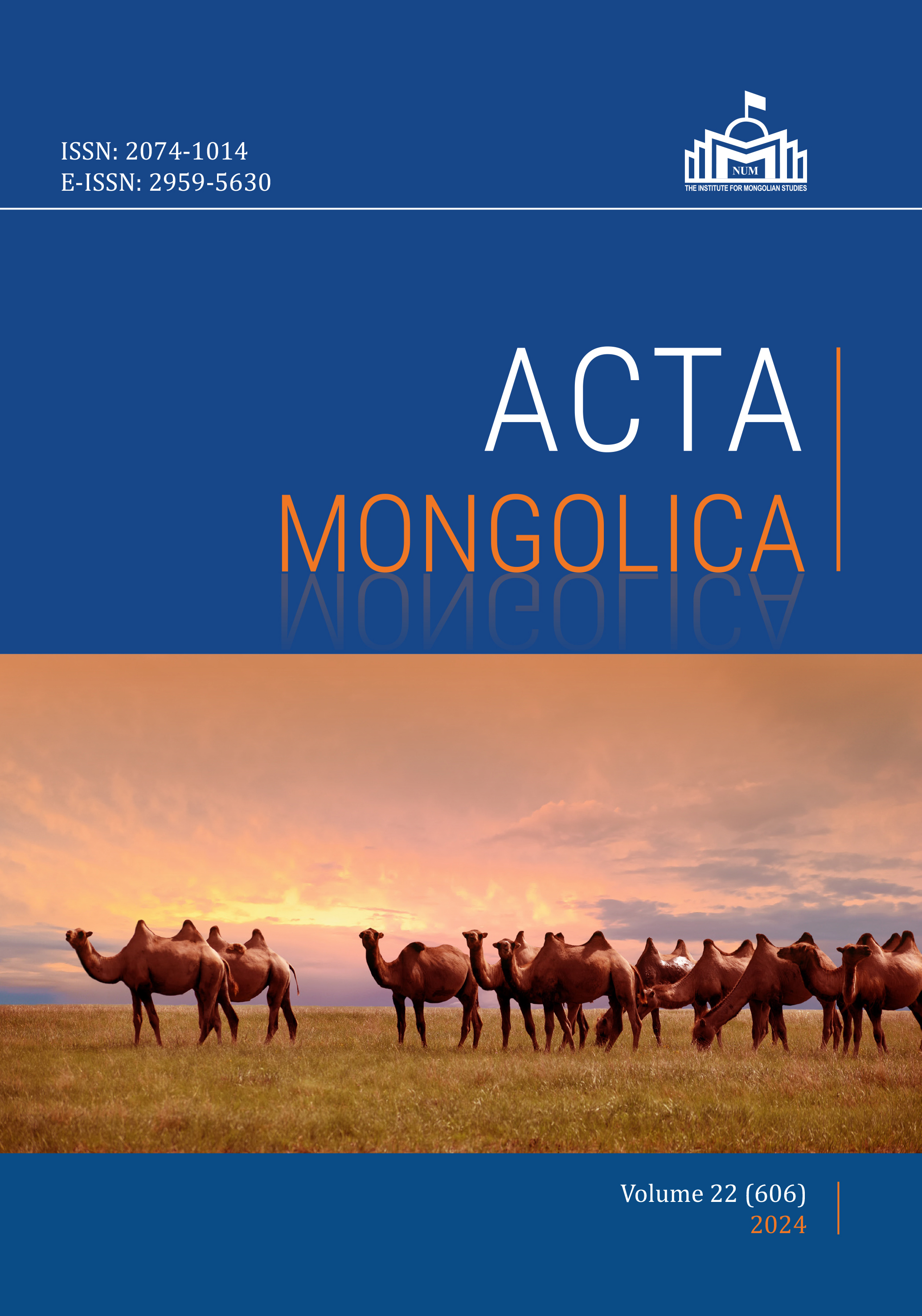Reconsidering non-negative contexts as a diagnostic for negative concord
Main Article Content
Abstract
Non-negative contexts are often used as a diagnostic for negative concord items, the claim being specifically that these contexts are not suitable hosts for negative concord items. We present an in-depth empirical investigation of how a single polarity sensitive item behaves under negation as compared to in non-negative contexts. To our knowledge, this is the first detailed investigation of its kind. The item we focus on is Turkish kimse ‘anyone’, and beyond the fact that kimse can appear in non-negative contexts, it otherwise behaves as a negative concord item. The evidence we collected shows, on balance, that kimse has highly parallel behavior across these contexts. We conclude there is no significant difference across contexts, and thus that in principle negative concord items can be licensed in non-negative contexts. Accordingly, the ability of a polarity sensitive item to appear in a non-negative context cannot be a valid cross-linguistic diagnostic for negative concord items.
Article Details

This work is licensed under a Creative Commons Attribution-ShareAlike 4.0 International License.
References
Erguvanlı, Eser Emine. 1984. The Function of Word Order in Turkish Syntax. Berkely, CA: University of California Press.
Giannakidou, Anastasia. 2006. N-words and negative concord. In Martin Everaert and Henk van Riemsdijk (eds.), The Blackwell Companion to Syntax, 327-392. Malden, MA: Blackwell.
Giannakidou, Anastasia and Hedde Zeijlstra. 2017. The landscape of negative dependencies: Negative concord and n-words. In Martin Everaert and Henk van Riemsdijk (eds.), The Wiley Blackwell Companion to Syntax, 2nd edition. Hoboken, NJ: Wiley Blackwell.
Görgülü, Emrah. 2017. Negative polarity in Turkish: From negation to nonveridicality. Macrolinguistics 5:51-69
Görgülü, Emrah. 2020. Negative sensitive items in Turkish: Negative polarity or negative concord? RumeliDE Journal of Language and Literature Studies 21:724-749.
Gould, Isaac and Sam Alxatib. 2024. The diagnostic status of non-negative contexts for negative concord: The view from Turkish. In Erdene-Ochir Tumen-Ochir, Julia Sinitsyna, and Shigeru Miyagawa (eds.), Proceedings of the 17th Workshop on Altaic Formal Linguistics (WAFL 17), 69-80. Cambridge, MA: MITWPL.
Horn, Laurence R. 2000. Any and (-)ever: Free choice and free relatives. In Adam Zachary Wyner (ed.), IATL 7: The proceedings of the fifteenth annual conference, 71-111. The Israel Association for Theoretical Linguistics.
İnce, Atakan. 2012. Fragment answers and islands. Syntax 15:181-214.
Kamali, Beste and Daiki Matsumoto. to appear. How negative concord fails or succeeds in polar questions. Proceedings of WAFL 16.
Kayabaşi, Demet and Murat Özgen. 2018. A phase-based account of NPI-licensing in Turkish. Poznań Studies in Contemporary Linguistics 54:83-113.
Kelepir, Meltem. 2001. Topics in Turkish Syntax: Clausal structure and scope. PhD dissertation, Massachusetts Institute of Technology.
Kural, Murat. 1997. Postverbal constituents in Turkish and the Linear Correspondence Axiom. Linguistic Inquiry 28:498-519.
Kesici, Aleper. Negative Polarity Items in Yes-No Questions. MA Thesis, Middle East Technical University.
Korsah, Sampson. and Andrew Murphy. 2017. Reduplicated indefinites in Gã: Concord or polarity? In Vera Hohaus and Wanda Rothe (eds.), Proceedings of TripleA 3, 16-31. Tübingen: Universitätsbibliothek Tübingen Publikationssystem.
Kuhn, Jeremy. 2022. The dynamics of negative concord. Linguistics and Philosophy 45:153-198.
LeGrand, Jean Ehrenkranz. 1974. AND and OR: Some SOMEs and all ANYs. In Michael W. La Galy, Robert Allen Fox, and Anthony Bruck, Papers from the 10th Regional Meeting of the Chicago Linguistic Society, 390-401. Chicago: Chicago Linguistic Society.
Özyıldız, Deniz. 2012. When I is not me: A preliminary case study of shifted indexicals in Turkish. Ms., Ecole Normale Supérieure.
Penka, Doris. 2011. Negative Indefinites. Oxford: Oxford University Press.
Predolac, Esra. 2017. The Syntax of Sentential Complementation in Turkish. PhD dissertation, Cornell University.
Progovac, Ljiljana. 1994. Negative and Positive Polarity: A binding approach. Cambridge: Cambridge University Press.
Quer, Josep. 1993. The Syntactic Licensing of Negative Items. MA thesis, Universitat Autònoma de Barcelona.
Quer, Josep. 1998. Distinguishing between negative and non-negative licensing of negative items. In Natàlia Català and Maria Bargalló (eds.), Proceedings of the IV Colloquium on Generative Grammar, 250-266. Tarragona: Universitat Rovira I Virgili.
Șener, Serkan. 2007. Cyclic NCI movement. In Erin Bainbridge and Brian Agyabani (eds.), Proceedings of the 34th Western Conference on Linguistics, 407-417. Fresno, CA: California State University.
Surányi, Balázs. 2006. Quantification and focus in negative concord. Lingua 116:272-313.
Tieu, Lyn and Jungmin Kang. 2014. On two kinds of negative concord items in Korean. In Robert E. Santana-LaBarge (ed.) Proceedings of the 31st West Coast Conference on Formal Linguistics, 466-473. Somerville, MA: Cascadilla Proceedings Project.Watanabe, Akira. 2004. The genesis of negative concord: Syntax and morphology of negative doubling. Linguistic Inquiry 35:559-612.
Vallduví, Enric 1994. Polarity items, n-words and minimizers in Catalan and Spanish. Probus 6:263–294. van der Wouden, Ton. 1997. Negative Contexts: Collocation, polarity, and multiple negation. London: Routledge.
Zeijlstra, Hedde. 2022. Negation and Negative Dependencies. Oxford: Oxford University Press.

